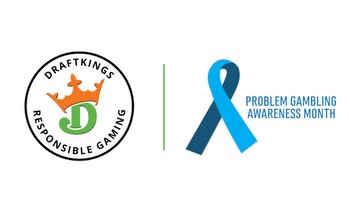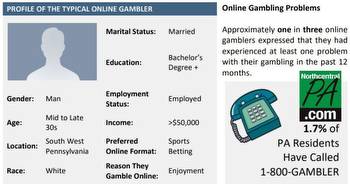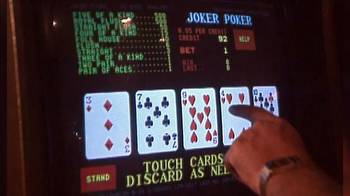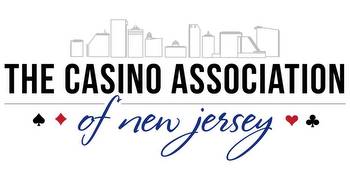Treat problem gambling like the serious addiction it is

In many respects these are the best of times for people who enjoy gambling. But for those who are prone to addiction, the situation isn’t good at all.
Many of us can recall a time when the primary options for gambling were to travel to Las Vegas, visit a racetrack or deal with criminals. Then came the Pennsylvania Lottery and the arrival of legal casinos in Atlantic City, N.J., followed by the establishment of off-track wagering. In more recent years casinos were established on Indian reservations, and then Pennsylvania and other state governments got in on the act as a tool to raise revenue and promote economic development. Gambling via smartphones was next, accompanied by growing acceptance for betting on sports, which had been illegal in most jurisdictions even though it was widespread.
Want to place a bet today? People in Pennsylvania can do so from the comfort of their own home or wherever else they happen to be, at a convenience store down the street or at a casino that’s probably a relatively short drive away in places such as Valley Forge, Morgantown, Bensalem and Philadelphia.
Many people find this activity fun, and it’s bringing in lots of money for the state. In the case of the Pennsylvania Lottery, it supports programs that benefit older adults.
Indeed, easily accessible gambling is great for people who do it using disposable income and know when to stop if they’re losing. But there’s a serious dark side to it all.
Excessive gambling can cause serious financial problems. In the worst cases it can lead people into an obsession that hurts their productivity and ability to relate to loved ones.
Not only are many forms of gambling legal and very easily accessible, but the activity is advertised incessantly on television, especially during sporting events. It makes the temptation tremendous even for people who know better.
That’s why the state Department of Drug and Alcohol Programs, which specializes in fighting addiction, is at the forefront of promoting March as Problem Gambling Month. DDAP is working with the Pennsylvania Lottery, Pennsylvania Gaming Control Board and Council on Compulsive Gambling of Pennsylvania to increase public awareness of the availability of treatment and recovery services and encourage health care providers to screen clients for problem gambling.
“In observance of Problem Gambling Awareness Month, I encourage all Pennsylvanians to take some time to learn about how to recognize the signs of problem gambling and help spread the word that it’s OK to reach out for help,” acting DDAP Secretary Dr. Latika Davis-Jones said in the department’s announcement of this year’s observance. “Treatment and resources are available, and recovery from problem gambling is possible.”
Here are some of the warning signs, according to DDAP:
• Gambling more frequently or for longer than intended
• Lying about where money goes
• Declining work or school performance
• Borrowing money in order to gamble
• Increasing preoccupation with gambling
• Distancing or isolating from family or friends
• Unable to pay bills or cover expenses
• Chasing losses or returning the next day to win back what was lost
• Committing/considering committing a crime to finance gambling
• Making repeated unsuccessful efforts to control or stop gambling
“While most people won’t experience problems, some will,” said Josh Ercole, executive director of the Council on Compulsive Gambling of Pennsylvania. “Being aware of warning signs and knowing where to turn for assistance is so important. In Pennsylvania, help is just a call away.”
The CCGP website (Pacouncil.com) offers resources such as self-help programs and support groups for problem gambling recovery. Other resources include:
• www.ResponsiblePlay.pa.gov, which provides information and links to assist people in identifying a potential gambling problem and finding help;
• PlayPause, which allows for individuals to ban themselves from participating online gaming sites.
• Options for participants to limit their online play or spend in fantasy contests, online casino games, online poker, and/or online sports wagering.
What’s most important is to take this just as seriously as we do other forms of addiction such as substance abuse.
For better or worse, widespread gambling appears to be here to stay. Let’s do what we can to mitigate the damage it could cause.

































